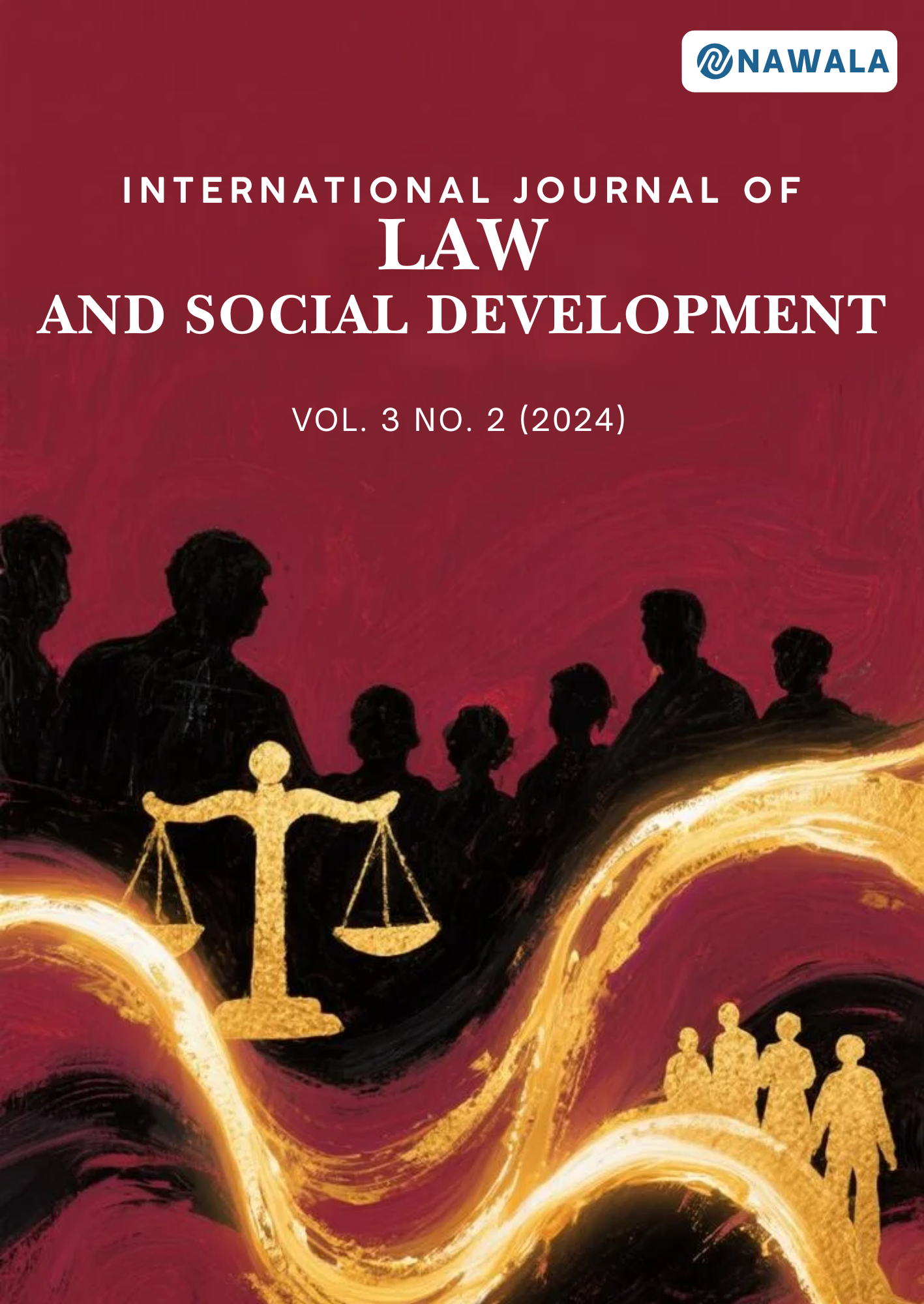Tension Between Central and Regional Authority: A Normative Legal Analysis Post-Job Creation Law
Keywords:
Autonomy, Decentralization, Governance, Legal Interpretation, Power RelationsAbstract
Regional autonomy in Indonesia is guaranteed by Article 18 of the 1945 Constitution (Undang-Undang Dasar 1945/UUD 1945), granting the widest possible authority for regions to regulate and manage their own affairs, except for matters under the authority of the central government. Law No. 23 of 2014 regulates the division of governmental affairs into absolute, concurrent, and general categories. However, the dominance of central technical regulations, multiple interpretations of concurrent affairs, and limited regional participation often hinder policy innovation at the local level. Following the enactment of Law No. 11 of 2020 on Job Creation, regional authority in licensing, spatial planning, and other strategic sectors has been significantly reduced. The lack of synchronized coordination across governmental levels frequently results in project delays and potential social conflicts. This study employs a normative juridical method to analyze central–regional dynamics, assess power imbalances, and formulate recommendations for strengthening regional autonomy. Findings highlight the need for binding coordination mechanisms and clearer regulations to maintain a balance between central government effectiveness and regional independence.





